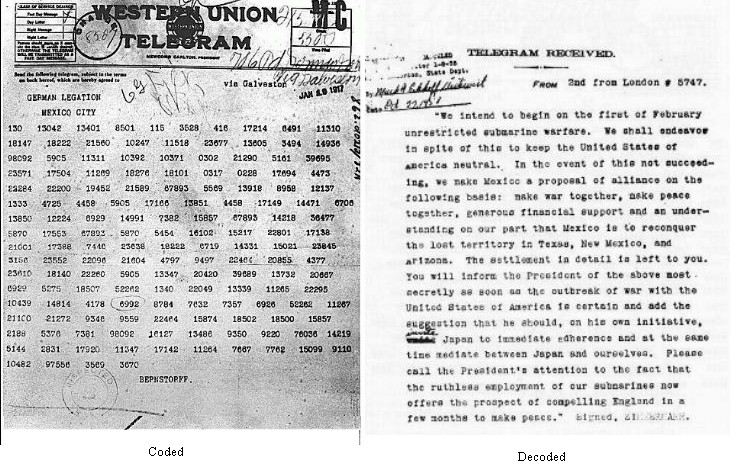Arranged Marraige: Africa
A cause of World War I not often discussed is the intense competition to rape Africa. A simple google search of “Scramble for Africa” would return you with plenty results citing the time period of the scramble as 1881-1914. There is no coincidence that World War I started in 1914. It is easily proving that tensions at during that time period were high among the European nations that wanted to colonize Africa for themselves. The Berlin conference was an effort put forth by several of these countries in order to try and ward off a war over Africa. So Action was taking similiar to when a prince chooses a princess to bring to countries together. The princess has no choice in the matter and neither did Africa. At the Berlin Conference the countries drew lines on a map of Africa and thus determined who was allowed to satomize which seection of Africa. France got most of West Africa, Belgum the Congo, Britian East and South Africa, Portugal 2 Colonies in South Africa, and Germany a small colony in each region. I Dont think it is a coincidence that Germany lost all four of its colonies after it lost WWI.





 Nationalism is one of the causes of World War I. Nationalism is what made people become proud of their country. It also makes them support and fight for their country. Including imperialism and militarism, countries started to increase their armies power. Countries like Italy, Germany, Russia, and France became great powers. Nationalism encourage countries to be independent. Other countries that weren’t a great power like Serbia wanted to be independent because of Nationalism. They wanted to form their own country and be separate.
Nationalism is one of the causes of World War I. Nationalism is what made people become proud of their country. It also makes them support and fight for their country. Including imperialism and militarism, countries started to increase their armies power. Countries like Italy, Germany, Russia, and France became great powers. Nationalism encourage countries to be independent. Other countries that weren’t a great power like Serbia wanted to be independent because of Nationalism. They wanted to form their own country and be separate.











